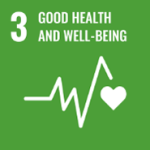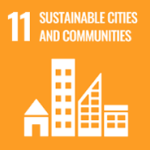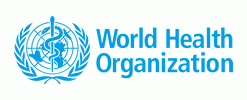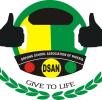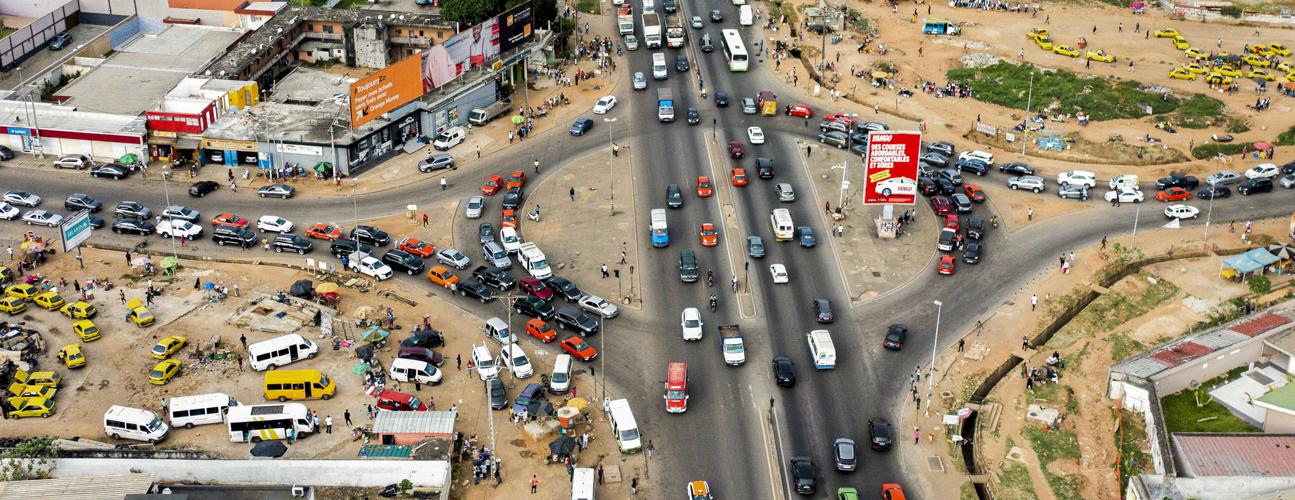
Areas of Impact
Country
In many cities across Nigeria, like many African cities, residents walk, take minibuses or cycle to move around the city. Nigeria has made some progress in achieving safer and more inclusive cities and streets. However, the impact has been limited in achieving the ambitions set in the Second Decade of Action for Road Safety and the Nigerian Road Safety Strategy.
The WHO estimates that approximately 35,641 people die on Nigerian roads annually. Heavy traffic congestion, emissions, an increasing cost of transportation, air and noise pollution, together with inefficiencies in the transport system are commonplace. Although there have been consistent local and national efforts from government and civil society organizations to transform the system, the impact has been limited due to capacity gaps, public perception and few examples of good practice in the region. It is on this basis that “Safer Streets” has been developed.
On a national level, the First Decade of Action saw an 8% reduction in fatalities compared to the projected 50% target of the first decade. As illustrated in the 2022 Walking and Cycling in Africa Report, 31% of deaths and 56% of injuries nationally impact pedestrians and cyclists.
The alarming situation in Nigeria is compounded by the lack of a rigorously enforced regulatory framework; a priority towards car-oriented transport policies; outdated street design standards; the non-existence of coordinated safety management; and the lack of reliable mobility data are some of the critical causes underlying the challenge to improve road safety. It is on this basis that “Safer Streets” has been developed.
Recognizing that Abuja, the Federal Capital, accounts for more than 10% of all crashes in Nigeria and has taken steps to improve road safety, it has been selected as the focus area for the Safer Streets project due to its ability to have a national and regional impact.
This project will support the implementation of Nigeria Road Safety Strategy II (NRSS II) and ensure meaningful delivery of the objectives related to walking and cycling. Anchored on the principles of the “Safe System Approach”, the initiative will integrate the regional components and lessons learned from the Reclaiming Streets for Pedestrians and Cyclists in Africa project.
1
SUPPORT THE IMPLEMENTATION OF NATIONAL ROAD SAFETY STRATEGIES AND ENSURE MEANINGFUL DELIVERY OF THE OBJECTIVES RELATED TO WALKING AND CYCLING.
2
SCALE GOOD STREET DESIGNS DEVELOPED THROUGH INCLUSIVE PARTICIPATORY PROCESSES IN COUNTRIES WITH ESTABLISHED ROAD SAFETY FRAMEWORKS.
3
IMPROVE ROAD SAFETY FRAMEWORKS IN AFRICAN COUNTRIES WITH HIGH FATALITY RATES AND EVIDENCE-BASED POLICIES SPARKING ACTION ON NMT.
4
ORGANISE AND DISSEMINATE REGIONAL EXCHANGE OF GOOD PRACTICES AND PROGRAMMES ON NMT POLICY ACROSS AFRICAN COUNTRIES TO BUILD CAPACITY AND LEARN FROM EACH OTHER PRACTICES).

